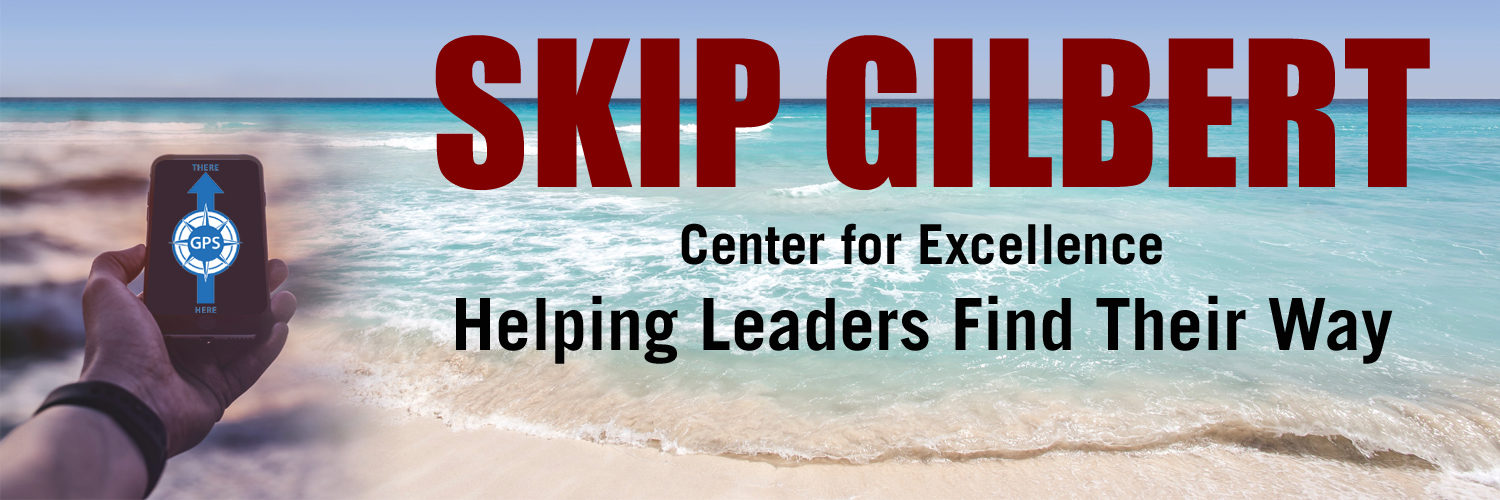One Day at a Time

“Every day, in every way, I’m getting better and better” — Émile Coué
Overnight success is a myth. Almost every overnight success story is really a story of persistence, overcoming doubt, and hard work. It took over two decades for Steve Jobs to be the overnight success that produced the iPhone. J.K. Rowling worked on her first novel, “Harry Potter and the Sorcerer’s Stone” for six years and was rejected twelve times by various publishing houses before being published.
In reality, overnight success is a long story of goals and incremental execution. Success is driven by planning and then moving in the direction of the goal with small, persistent, determined activity. Each day we move forward and try to do better than the day before. We move forward in small amounts, making adjustments and keep going, building our accomplishment by combining the progress of the past with the incremental progress of today.
Our goals are important and provide a direction for our efforts; however, we execute our goals one day at a time. When we plan on achieving our goals in small amounts over a long period of time it yields an amazing result. We not only move in the direction of achieving our goal, but we get better at what we are doing with each iteration of the activity. Steve Jobs improved his ability bring consumer electronics products to market with each new idea. J.K. Rowling was a much better writer at the end of her six year journey to publication than she was at the start.
Sometimes our goals are so lofty that they feel unachievable. As an example, looking at a goal to lose 40 pounds in a year seems like an impossible task, though we know it is achievable (or we would not have set it as a SMART goal). When we consider that in order to achieve the goal we only need to lose less than one pound per week, it does not seem as impossible. In addition, as a byproduct we will also learn how to better control our diet and build our self-control.
Writing a book in a year is a reasonable goal, but also a huge undertaking. Looking at the goal in total makes it seem so impossible; it can be hard to even get started. However, when we view the activity through a smaller lens of writing just five pages per week, it becomes a less daunting task. Through repetition, we will also become a more efficient and better writer.
Consider if we focused on achieving just two percent of our total goal every week. In less than a year we would have achieved our goal and through persistent repetition improved our ability to perform that activity as well. By setting smaller repetitive activities around our larger goal we are able to accomplish a much larger goal without being overwhelmed with the immensity of the challenge. By breaking the goal down into a series of repetitive activities with a measured outcome at the end of each task, we incrementally work our way to achieving our goal and improve our efficiency along the way.
As I point out in my book “EXCELLENCE: You CAN Get There From Here!”, our journey to Excellence requires a persistence and drive to keep moving forward to achieve our goals. Our goals are important because they move us toward greater success and satisfaction. Taking an incremental approach to achieving our goals helps the impossible become possible. As the age old expression goes: How do you eat an elephant? One bite at a time.









